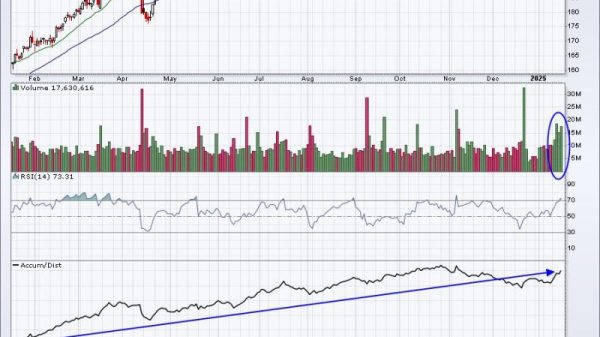In a major move, Turkey drafted a crypto bill, tabled by the ruling party (AK Party) Group Chairperson Abdullah Güler on May 16, to regulate the cryptocurrency market in accordance with international standards.
The proposed legislation covers various aspects of the crypto industry, including virtual asset service providers (VASPs), trading platforms, asset storage, and transactions conducted by Turkish residents.
Major Provisions Outlined in Turkey’s Crypto Bill
Cryptonews reported earlier in the week that Turkey was planning to submit a draft of its crypto regulation, which prioritizes consumer protection and global standards. This came after the Turkish government announced the near completion of the crypto regulatory framework to comply with the Financial Action Task Force (FATF) standards in January 2024.
According to the draft, all cryptocurrency service providers operating in Turkey must obtain licenses and register with the Capital Markets Board (CMB), the nation’s financial regulator.
Turkish #crypto bill: 5 things to know before it’s introduced :
Turkey was expected to introduce crypto legislation in early 2024, but the local parliament is yet to report on the process.
Turkey already has some “light” crypto regulations
While the Turkish government has yet to… pic.twitter.com/q37Qb7bsiC
— TOBTC (@_TOBTC) May 6, 2024
The bill also grants the CMB expanded authority to safeguard consumer assets held by crypto service providers. This is quite important as Turkey has grown over the years to become one of the biggest markets for cryptocurrency.
Additionally, the bill addresses the issue of revenue collection by tasking the CMB and the Scientific and Technological Research Council of Türkiye (TÜBITAK) with enforcement capabilities.
The draft also emphasized the Turkish government’s priority to foster a locally regulated ecosystem by prohibiting foreign crypto brokers from operating in Turkey without obtaining the necessary licenses and adhering to the proposed regulations.
Notably, the legislation seeks to align Turkey’s crypto regulations with international standards set by the Financial Action Task Force (FATF), a global watchdog combating money laundering and terrorist financing.
The draft incorporates the FATF’s “Travel Rule,” which mandates that cryptocurrency companies and financial institutions involved in digital asset transactions collect and share accurate information about the originators and beneficiaries of those transactions.
Turkey Strengthens Grip on Crypto Market Following FATF Concerns
Turkey’s move to strengthen its crypto regulations comes after the Financial Action Task Force (FATF) placed the country on its “gray list” in October 2021 due to inadequate implementation of Anti-Money Laundering (AML) measures across various sectors, including banking and real estate.
The government’s need to regulate the crypto space gained urgency in late 2022, driven by an ambitious plan to curb the intrusion of cryptocurrencies with the claim to safeguard the nation’s fiat currency, the Turkish lira.
The initiative faced opposition from Turkey’s crypto communities, however, leading to a media outcry that later compelled the authorities to address their concerns.
Despite President Erdogan’s vocal calls in December 2022 to regulate the cryptocurrency industry, the introduction of a formal bill was postponed.
The initial catalyst for the backlash was the leak of a draft crypto bill reportedly backed by the ruling Justice and Development Party (AKP), which sparked outrage on social media platforms due to concerns over potential restrictive measures.
In response to the widespread public outcry, government officials, including former deputy ministers from the AKP and senior bureaucrats from agencies like the Central Bank and Treasury, convened a meeting at the Parliament in December 2022 to engage with various Turkish crypto communities.
The dialogue was to address the people’s concerns and come to an agreement on a more inclusive regulatory framework.
Now that Turkish authorities have proposed a comprehensive crypto regulatory framework that is in alignment with Financial Action Task Force (FATF) guidelines, Turkey seeks to balance citizen concerns while fostering a secure and reliable crypto market.
The post Turkey Drafts Crypto Bills To Align With International Standards appeared first on Cryptonews.


































